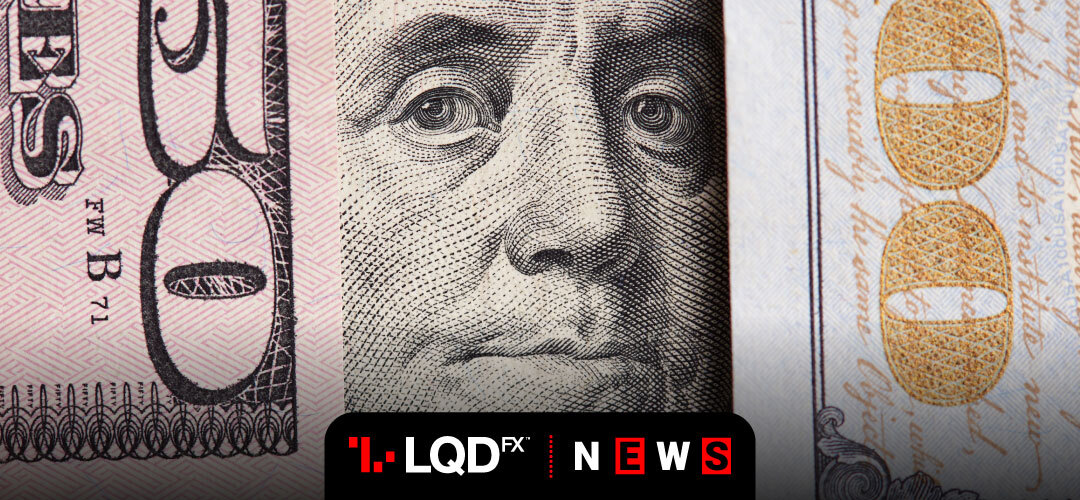The US economy concluded its longest expansion in history in February and since then has entered recession because of the coronavirus pandemic.
The Business Cycle Dating Committee of the National Bureau of Economic Research announced the “designation of this episode as a recession”.
U.S. gross domestic product fell at a 4.8% annualized rate in the first three months of the year. Experts expect that the outcome for the April to June period may show an even worse annualized decline around 20%. The unemployment rate rose from a record low of 3.5% in February, hitting 14.7% in April.
US economy recessions have lasted from six to 18 months, apart from the 43-month downturn of the Great Depression. The speed of the recovery will be important in determining whether the current recession has the same lasting impact.
However, optimism for the US economy came last week after U.S. jobs data showed a surprise decline in the unemployment rate.
The U.S. Federal Reserve meets this week. Policymakers will issue new economic projections that show how quick a recovery they expect.
Besides, Eurostat said GDP of the 19 countries sharing the euro contracted 3.6% quarter-on-quarter for a 3.1% year-on-year fall. Household consumption was responsible for 2.5 percentage points and investment for 1 point of GDP.
Moreover, the World Bank expects advanced economies to shrink 7.0% in 2020. Emerging-market economies may contract 2.5%, their first slump since aggregate data became available in 1960.
New Zealand removed all coronavirus restrictions for the first time in more than three months, after it declared it was COVID-free. New Zealanders are emerging from the pandemic while big economies continue to struggle with the virus.
START TRADINGForex – US economy officially entered recession
Most G10 currencies fell as investors took profits from the risk-on mood seen in the markets in the past weeks.
The U.S. dollar found some footing, rising against commodity currencies for the first time in June.
The Japanese yen rose to a one-week high of 107.78 and was last trading up 0.3%. The dollar had gained 1.6% against the yen last week, its best weekly performance in more than two months.
The Australian dollar fell nearly 2% and was last down 1.2% to 0.6930 after falling nearly 2% to 0.6899 – a five-day low. Earlier in the Asian trading session, it rose to an 11-month high of 0.7043.
The New Zealand dollar fell 1% to 0.6494, off the four-and-a-half-month high touched earlier.
The Canadian dollar fell 0.6% to $1.3457.
The euro slipped 0.2% to $1.1277.
The pound fell against the dollar and euro on Tuesday, erasing Monday’s gains. The pound has risen 2.6% against the dollar this month. But sterling’s eight-day winning streak was set to break as the dollar index pushed higher on Tuesday.
The pound hit a new three-month high of $1.2757 in overnight trading. The sterling fell to as low as $1.2620 in early London trading. It was at $1.2653 at 1210 GMT, down 0.6% on the day.
Against the euro, the pound was down around 0.4% at 88.10 pence.
Oil prices fell on Tuesday weighed down by a stronger dollar and oversupply concerns.
Brent crude was down 46 cents, or 1.1% to $40.34 a barrel by 1134 GMT. West Texas Intermediate (WTI) crude fell 39 cents, or 1% to $37.80 per barrel.
PLEASE NOTE The information above is not investment advice.
Sources: Reuters, Investing, CNN money
